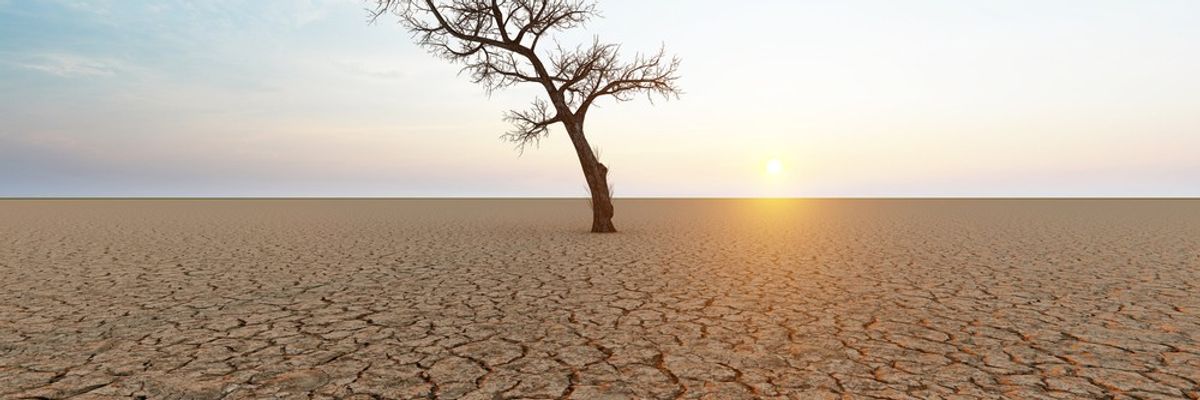Over the past several years, Saudi Arabia has added eight new wells, increasing production to new heights and even leading to accusations of over-pumping. No, not at the Ghawar oil field, but in the groundwater of rural Arizona.
Since 2014, the Saudi company Fondomonte has been pumping unlimited amounts of groundwater in the desert west of Phoenix to harvest thousands of acres of alfalfa crops. The alfalfa is then shipped back to Saudi Arabia to feed their cattle.
But a recent investigation from Arizona Central has revealed that Fondomonte, a subsidiary of Riyadh-based Almarai, has the bargain of a lifetime: for only $25 per acre annually, it can pump as much water as it wants. Nearby farmers pay six times more than the Saudi company.
This modern day watergate has become a campaign issue ahead of the contentious midterms but candidates across the ballot appear to agree that this is bad. Democratic candidate Katie Hobbs tweeted that “Our water should be for Arizonans, not for sweetheart deals to foreign corporations to grow crops to then send back to their country.” Republican candidate Kari Lake has even gone a step further, calling to terminate the Fondomonte lease and “examine all existing leases to ensure Arizona’s water and natural resources primarily benefit Arizonans, not overseas corporations.”
Other companies are taking advantage of this fire sale on precious water resources in rural Arizona too, including alfalfa farms affiliated with the UAE and plenty of domestic companies. But Fondomonte is among the largest and most controversial — because it is actually depleting the groundwater of the Butler Valley, a valuable transfer basin that is seen as a potential water supply for Phoenix.
Fondomonte’s Butler Valley property is part of a larger strategy of buying up land across the Southwest for alfalfa production. The Saudi company owns thousands of acres across Arizona and has expanded operations in Eastern California.
The Arizona State Land Department, which leased the land to Fondomonte, refuses to disclose how much water Fondomonte is pumping, or whether the state would consider charging more for agricultural leases. According to one estimate, the company could be pumping as much as 18,000 acre-feet per year — enough to supply 54,000 single-family homes — raising concerns that the groundwater will disappear faster than it can be replenished. Alfalfa is one of the most water-intensive crops there is, and the current breakneck pace of production is threatening to stop the flow of the Colorado River entirely.
To Arizonans, the one-sided deal with the Saudi company has become a hot-button issue, particularly since Saudi Arabia dictates global oil prices. “We’re not getting oil for free, so why are we giving our water away for free?” asked La Paz County Board of Supervisors Chairman Holly Irwin, who represents Butler Valley. “Saudi Arabia has stated their intention to rob Airzonans at the gas pump, but they are already stealing our water,” said Rep. Ruben Gallego (D-Ariz.).
Ironically, lawmakers should look to none other than Saudi Arabia to learn from their mistakes. Saudi Arabia has almost completely exhausted its own groundwater through unrestricted pumping. A 2004 investigation found that the kingdom’s water sources were nearly depleted because “wealthy farmers had been allowed to drain the aquifers unchecked for three decades.” As the wells dried up, Saudi Arabia has been forced to take conservation much more seriously, even outlawing the production of alfalfa in 2016. Today, around 50 percent of water consumed in Saudi Arabia comes from desalination plants, a costly, high-energy process.
Having depleted their own water resources back home, Saudi Arabia knows the dangerous consequences of unsustainable agricultural practices. Why should they — or any other company for that matter — be allowed to do the same in the American Southwest?















